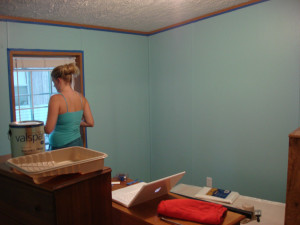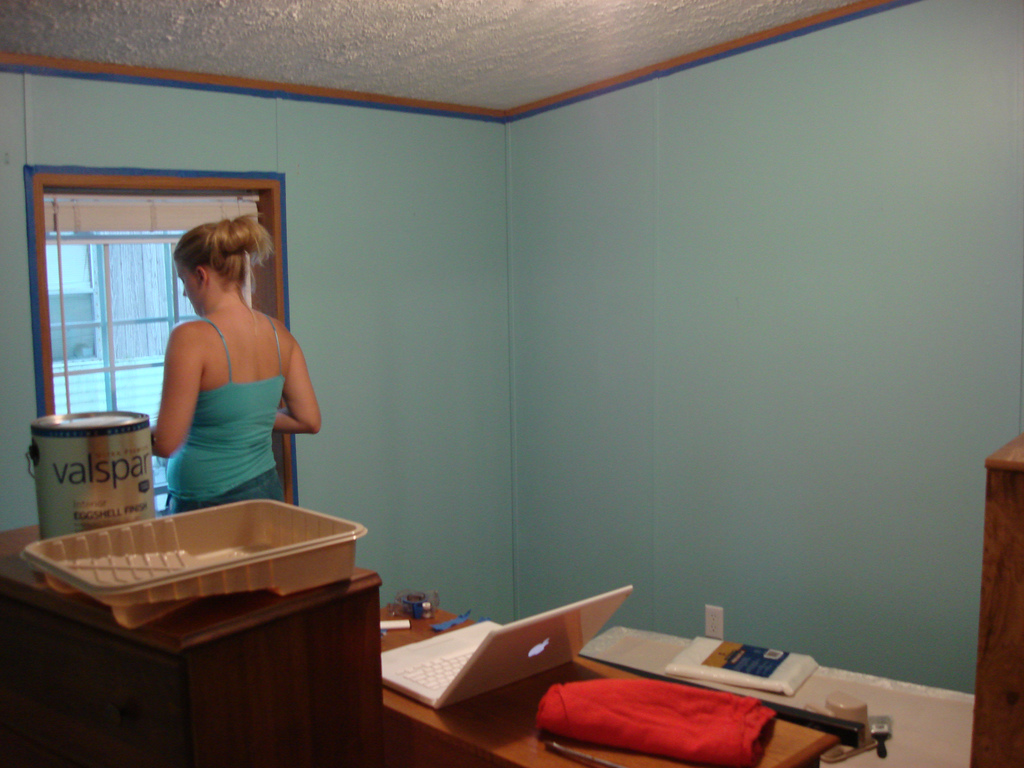>> The end of the General Assembly session appears to be nearing – finally. But that also means it’s that time of the session when nutty things start to happen and bad bills can sneak under the wire.
The end of the General Assembly session appears to be nearing – finally. But that also means it’s that time of the session when nutty things start to happen and bad bills can sneak under the wire.
The >>N.C. Justice Center is reporting that one such bill we can expect to resurface is Senate Bill 491, the “Manufactured Home Purchase Agreement Change.” The Senate passed the bill in April with little fuss, and the House may hear it soon.
SB 491 would eliminate many consumer protections for those who buy manufactured homes, most of whom are low-income North Carolinains.
Under the >>bill , information about financing would no longer be included in a purchase agreement for a manufactured home, allowing dealers to conceal critical financial details and increasing the risk that buyers don’t fully understand the financial implications of their purchase. Even more concerning, the bill would make it easier for dealers to keep customers’ deposits, even if the deal falls through or the terms change.
Let’s get the definitions out of the way. A ‘manufactured home’ is what most of us call a mobile home. They are built entirely in a factory to a code administered by the >>U.S. Department of Housing and Urban Development (HUD) and transported to the final housing site. Manufactured homes have a permanent metal frame – or chassis – that provides support.
In 2013, the average sales price of manufactured homes was $64,000 or about $43 per foot. Manufactured homes can be financed using traditional mortgages or as personal property. Typical financing for a manufactured home is a 10 to 20 percent down payment and terms of 15 to 30 years, depending on credit profile, size of home, and type of loan.
In North Carolina, about 15 percent of citizens lived in manufactured homes in 1990, according to the NC Manufactured & Modular Homebuilders Association. Since 1990, more than 100,000 new manufactured homes have been sold in North Carolina, and 15 percent of single-family home starts are manufactured.
Who lives in manufactured homes? More than 70 percent of those who live in manufactured homes have annual household incomes of less than $40,000. According to the >>Manufactured Housing Institute’s (MHI) 2014 annual report. The majority of residents don’t have consistent employment. MHI reports that 15 percent are unable to work or disabled, 13 percent are retired, 13 percent are looking for work and 10 percent are employed part-time.
So, why are North Carolinians who want to buy manufactured homes getting screwed over? And why do poor North Carolinians keep getting the bad end of this – and many other — deals?
Well, we can talk a lot about ideological differences and Republicans’ belief that big corporations will do the right thing. In recent years our state has focused on supporting business and growing the economy over people. All those issues play a role.
But, what’s really happening? Low-income North Carolinians don’t have a voice.
The manufactured housing industry is big business in North Carolina. The state consistently ranks fourth in the nation in manufactured home shipments, and, as North Carolina Manufactured and Modular Homebuilders Association (NCMHA) executive director Brad Lovin says, >>“The culture here has always been favorable to the industry.” NCHMA has more than 1,000 members; it brings members to lobby days at the General Assembly; its lobbyists are well known at the legislature; and its political action committee supports legislators’ campaigns.
In fact, in 2014, the industry’s PAC – MaHPAC – donated more than $31,000 to North Carolina state candidates. In 2012, that amount was $18,750.
Poor people don’t have lobbyists. They don’t usually have time to go sit with legislators and tell their story. And they certainly don’t have thousands of dollars to give to candidates.
That’s why we all have to be their voice. We have to use our votes to speak up for consumers and especially for low-income North Carolinians. We need to support legislators who put people above profits – and campaign contributions.
Everyone should have a voice in our state – let’s make sure they do.

There are no comments
Add yours